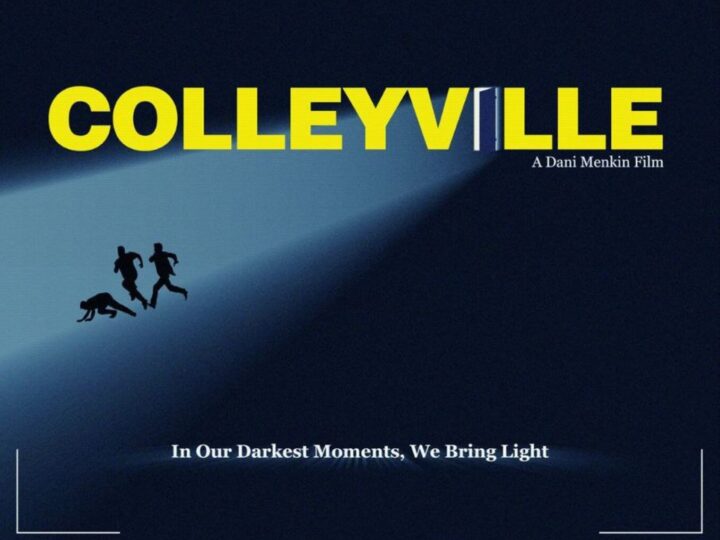Every spring, broadcasting networks, production companies and film distributors from around the world descend on Tel Aviv for five days seeking edgy documentary projects for co-production.
This year, 50 representatives from 15 countries made it to CoPro Market, including Netflix, Arte, BBC and RTS Swiss public television network. In a clip made for this year’s event, its 25th anniversary, several filmmakers weighed in on what makes the local documentary scene so compelling.
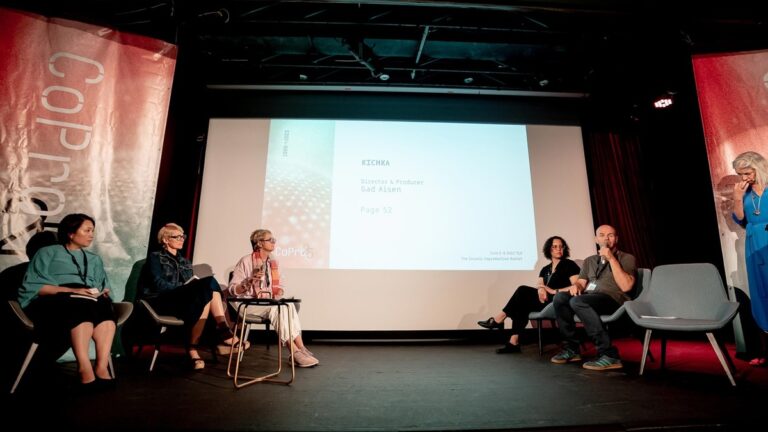
American-Israeli filmmaker and producer Rachel Leah Jones spoke about how “Israeli documentarians have found a way to translate some of the insanity, beauty, dynamic, wacky sort of aspects of our lived reality here into films.”
Award-winning producer and director Barak Heymann showed raw honesty when he said, “Israeli filmmakers, like Israelis in general, for the good and for the bad are not so polite and this is why the films we are making, I believe, are very strong and are doing very well worldwide. The people who live here are very real and exciting and in a way an impossible mix of people and therefore you can make very good films here.”
That Israel with its tiny size has many films schools is also a reason for the pool of talent, CoPro Executive Director Pnina Halfon Lang tells ISRAEL21c.
“Some European countries have one or two film schools. In Israel we have 16 and some are geared towards very specific sectors of the population. This gets the voices out of different communities, from Ethiopians to Orthodox women.”
25 years of co-productions
CoPro: The Israeli Content Marketing Foundation was founded by film producer Orna Yarmut (who passed away in 2018) with the aim of matchmaking between Israeli documentaries and the foreign market.
This not only allows films to receive substantial resources and funds, but also to reach audiences they might never have gotten to.
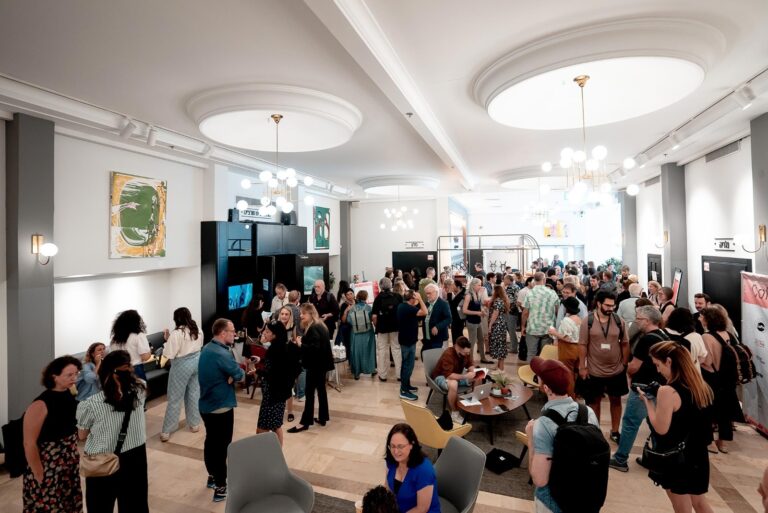
CoPro, which is supported by the Ministry of Culture, the Israeli Film Council and donors, has facilitated over 750 co-production agreements and investments totaling more than $40 million.
Lang, who worked for the San Francisco Jewish Film Festival until four years ago, says a turning point occurred in 2012 when the internationally produced Israeli film “The Gatekeepers” was nominated for an Oscar in the Best Documentary Feature category. Directed by Dror Moreh, the film recounts the story of the Israeli internal security service, the Shin Bet (known in Hebrew as ‘Shabak’), through interviews with all six of its former heads.
Since then, Lang says, interest in Israeli documentaries has soared and “its value increases each year as creators aim to tell stories that resonate with international audiences and meet the industry’s high standards.”
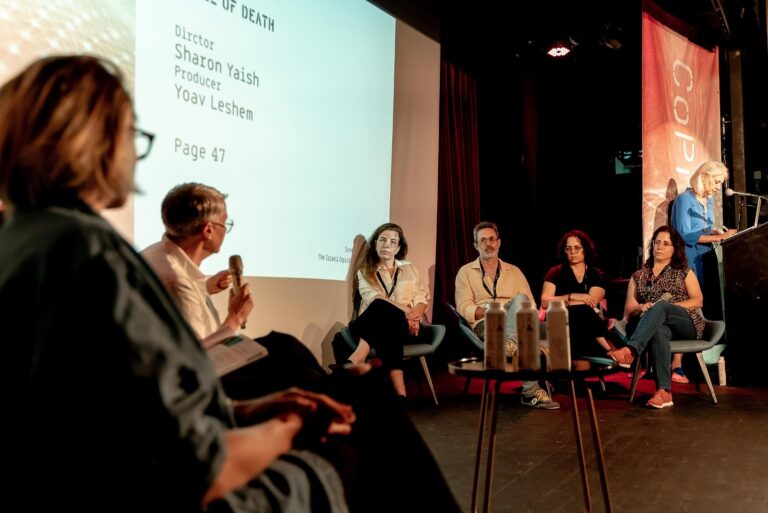
France and Germany are usually the biggest markets for Israeli documentaries. Both countries have large film funds and appreciate Israeli storytelling style, according to Lang. The United States has less public funding and is more commercial.
Subject matter
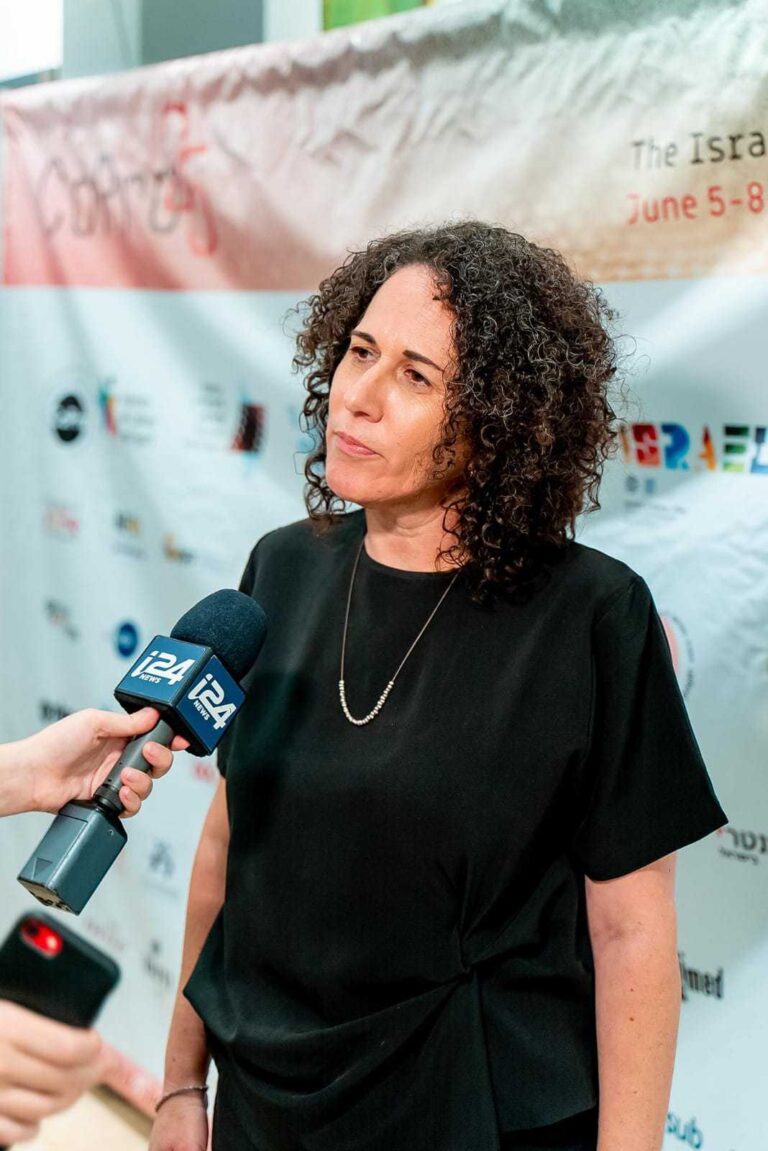
Lang notes that foreign buyers used to be drawn to a very narrow selection of subject matter from Israel.
“The political situation, Holocaust films and the kibbutz were once the main topics. Lately the range has broadened and there are even Israeli filmmakers focusing on issues outside the country.”
Two such films were pitched this year. “Left Behind Children” by director Shosh Shlam focuses on the 69 million rural children in China left to manage alone while their parents travel to the cities to earn money. Another is Yakie Ayalon’s “Exodus Zambia”about a Zambian boxer whose dream is to compete in the 2024 Olympics, making her the first woman in her country ever to do so.
This year’s selection also included an environmental film. “Wetland,” directed by Racheli Rusinek, covers the work of three photographers who in 1956 recorded wildlife in the soon-to-be-drained Hula Valley in northern Israel. Using reels from 70 years ago, the film is a reminder of lost beauty and mankind’s impact on the environment.
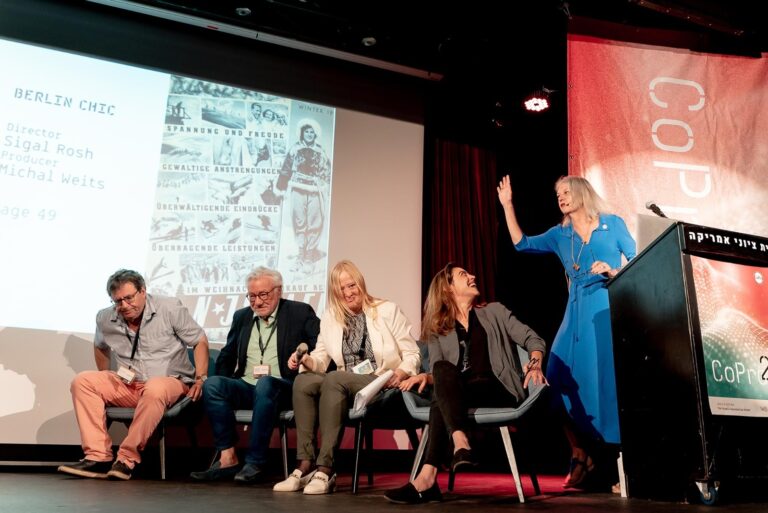
Transgender issues were represented in Liran Atzmor’s film, “Sapir,” that tells the story of the first transgender Israeli to become a professional soccer referee.
The pitch
Out of the 40 projects entered in CoPro Market 2023, 12 were chosen. Each selected project receives three months of mentoring to get a trailer made and to prepare for a 7.5-minute pitch and 7.5-minute Q&A.
Leah Jones, who won an Emmy award for “Advocate,” her film on human-rights lawyer Lea Tsemel, describes the emotion of a successful encounter on the stage: “It’s a kind of specific high when a pitch is good. This is when you really managed to encapsulate your story, the essence of your film and the vibe.”
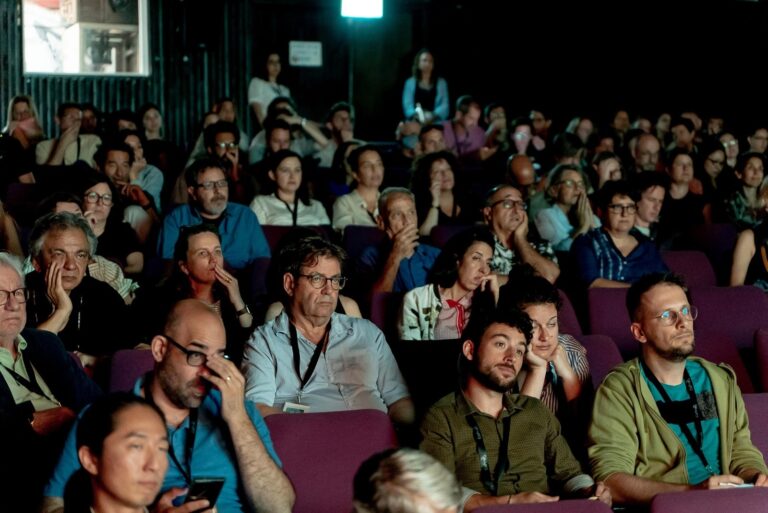
A new angle
Also at CoPro was a special event for applicants to the three-month Impact Lab program for mentoring documentaries that help bring about social change. Five projects were selected.
“These are important films which have a role to play in our reality. They give a different perspective on what we think we know and reflect reality to make a change. After all, this is our mission as documentary filmmakers,” Lang states.
For more information, click here.















